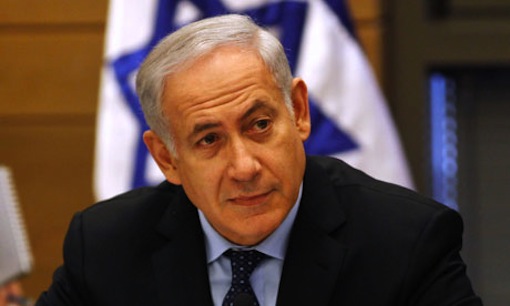Benjamin Netanyahu has found a new target in the Gaza war, and it is not inside Gaza. It’s in Doha, for him, the Hamas chiefs living comfortably in Qatar are the real obstacle to ending the bloodshed. He believes that as long as they sit in luxury hotels far from the rubble of Gaza, they have no reason to compromise. Remove them, he argues, and the hostages could be freed, and the war might finally end.
It’s a clear claim, but it also exposes the core of the problem: wars are rarely about those doing the actual suffering. While ordinary Palestinians in Gaza face bombs, hunger, and displacement, their leaders negotiate from abroad, shielded by wealth and distance. Netanyahu wants the world to see that contradiction, and in doing so, shift blame for the war’s continuation squarely onto Hamas’ leadership in Qatar.

The Politics of Safe Havens
This is not new in Middle East politics. Leaders of militant groups have long used foreign countries as safe bases while their people absorb the consequences. But Qatar is different—it is not just any country, it’s the same state that has hosted ceasefire talks. That makes the situation deeply messy. How can Qatar claim to be a neutral broker when it also shelters the very leaders accused of blocking peace? Netanyahu’s demand exposes this contradiction in the starkest way.
Israel’s Calculated Pressure
The airstrike on Hamas figures in Doha sent a clear message: Israel is no longer willing to separate the leadership’s safety from the war itself. Netanyahu is basically telling Qatar, choose your role. Either be a mediator committed to peace, or continue hosting leaders who prolong war from a distance. It’s pressure politics, designed not just to weaken Hamas but also to embarrass Qatar on the world stage.
Hamas’ Defiance
Unsurprisingly, Hamas rejects Netanyahu’s framing. They call the attack an attempt to derail talks and insist their terms will not change. For them, the demand to release all hostages without guarantees of ending the war or securing a Palestinian state is a non-starter. That’s the deadlock. Netanyahu wants unconditional release. Hamas wants leverage. And the people of Gaza remain trapped in the middle, with their leaders playing chess while they bury their dead.
The Bottom Line
Even if Hamas leaders were expelled from Doha tomorrow, would the war end? Or would it simply move to the next stage of demands and counter-demands?
The truth is, neither side is willing to fully bend. Israel demands security and disarmament. Hamas demands recognition and statehood. Qatar, meanwhile, enjoys its role as the middleman, even while being accused of fueling the very conflict it is supposed to help resolve. So the cycle continues. And as always, it’s the civilians, hostages on one side, families in Gaza on the other, who pay the real price.
















